
A smooth flight with a pet sounds too good to be true, but it can be done!
Recently Alyssa traveled to Florida to pick up her gorgeous dog, Oscar De La Ramos, before traveling from Florida to LA with him.
Of course, in true jetsetter/bucketlist slayer style, she traveled to Florida via Aruba … but that’s a story for another day!
Alyssa’s trip with Oscar inspired us to share some tips and tricks for flying with your pet. Because flying with a furry friend can be pretty nerve wracking, especially if it’s the first time you’re doing it.
You want to make sure your pet is comfortable and safe, and your pet probably wants to understand what is happening.
Maybe your pet is a jetsetter like you, or maybe you’re both moving to a different state or country. Either way, these 13 essential tips will help you both enjoy a smooth flight.
Keep scrolling for more!
Jump To:
1. Triple Check The Airline’s Pet Travel Policy Before Booking
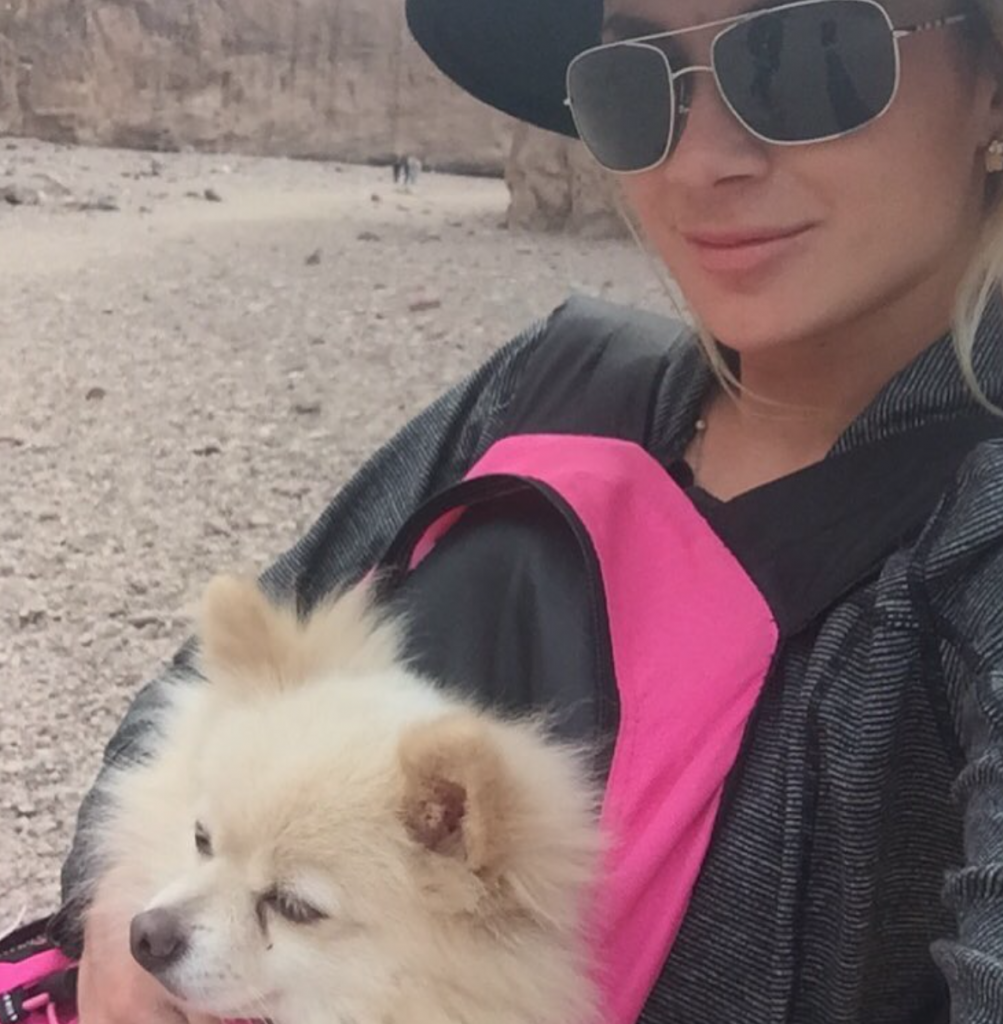
Most US airlines have specific web pages that cover their pet travel polices, including restrictions on specific breeds of animals, so make sure you’re across these.
As a general rule, most airlines will require your pet to have been cleared by the vet (more detail on this in point 4 below), and be seated in a carrier that complies with the airline’s size regulations.
Pets that are traveling in cabin are usually required to be seated in their carrier underneath the seat in front of you, though there are exceptions for therapy or service dogs, for example.
Airlines often have animal size and weight limits in addition to restrictions on carrier size, so be mindful of this, too.
For more details on specific airline policies, check out the following pages: Alaska Airlines, American Airlines, Delta Air Lines, JetBlue, Southwest Airlines, United Airlines.
The International Air Transport Association also has some great guidance for flying with animals in carriers.
2. Book In Advance
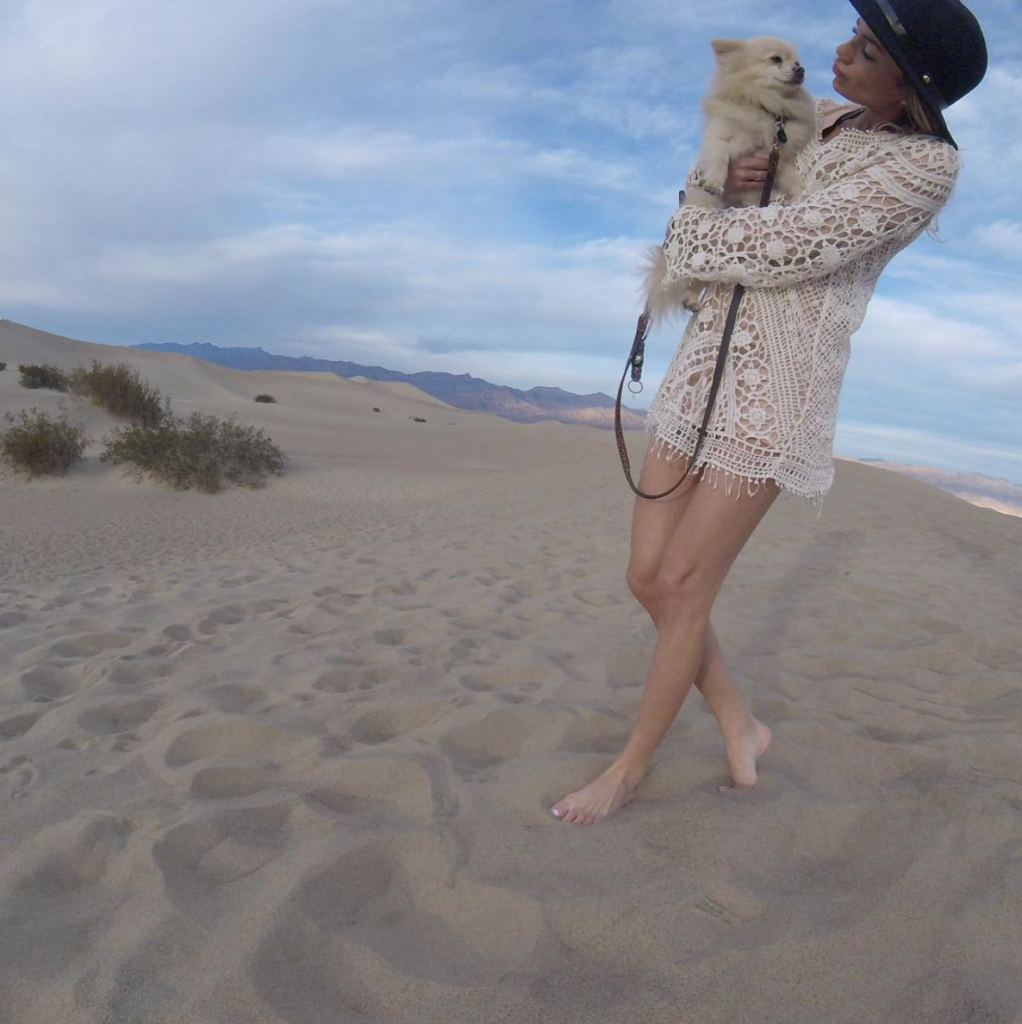
Did you know that airlines only allow a certain number of pets per flight? Make sure you book your flight early so you can call and reserve a spot for your furry friend.
This is especially important if your furry friend is flying in cargo or internationally as the paperwork can take a while to be processed.
3. Be Prepared To Pay Extra

Once you’ve booked your flights, you’ll be asked to pay an additional pet travel fee.
Depending on the airline, the fee can range from $75 to $125. The fee is levied for each leg of your trip, which means you’d have to pay it twice for a round trip.
4. Get The All Clear From Your Vet

Before traveling, book an appointment with your veterinarian to make sure your pet is in good health to fly.
It doesn’t cost too much, and it’s always better to be safe than sorry. Your vet will give you a certificate that shows your pet has had all their shots and vaccinations, and is ok travel in cabin with you and the rest of the passengers.
5. Get Your Pet Used To Their Carrier
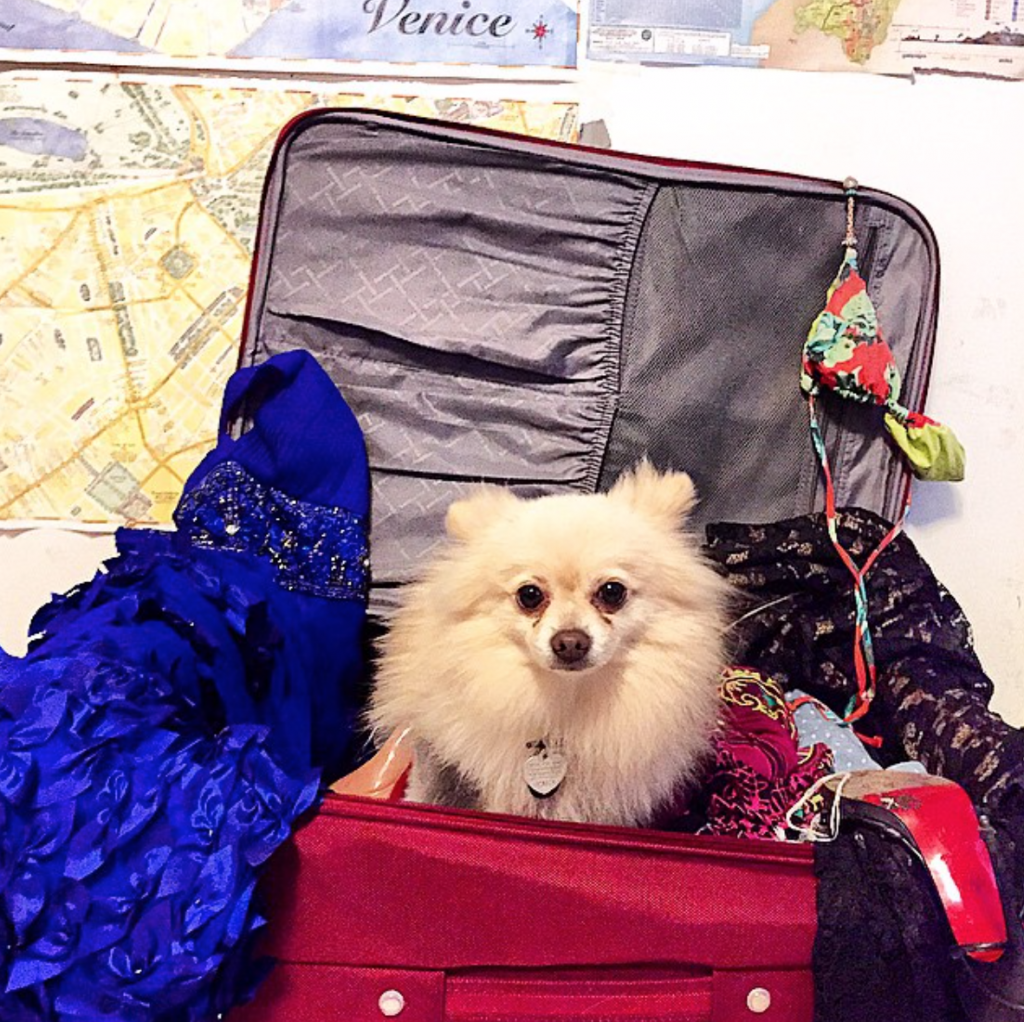
Your pet will be spending a lot of time in a carrier during your flight(s), so you want them to feel like its a safe place, or a second home.
Some things you could do to help them get used to their carrier include feeding them in it, and also putting their bed and some toys inside so they know it is their little retreat.
For your flight, you may also want to line the carrier with pads, in case your pet needs to go toilet!
6. Get To The Airport Early

Flying with your pet means you will need to set aside extra time for going through security.
Animals don’t go through the x-ray scanner. Instead, you will need to remove your shoes, empty your pockets, put your carry on bag down and take your pet out the carrier and put all the non-living items through the x-ray scanner.
Next, you’ll need to carry your pet through the metal detector and put them back in their carrier. Then you’ll have to walk yourself back through the metal detector before you can return to your pet, put your shoes back on and collect your belongings. Phew!
Well, that is unless you have TSA Precheck…then you can just walk right through the scanner with your pet and shoes on!
Also, not all airlines will allow you to pay the pet fee over the phone when you book. So you’ll have to do this at the airport when you check in (that’s right, no mobile check in for you today!)
7. … But Not Too Early!
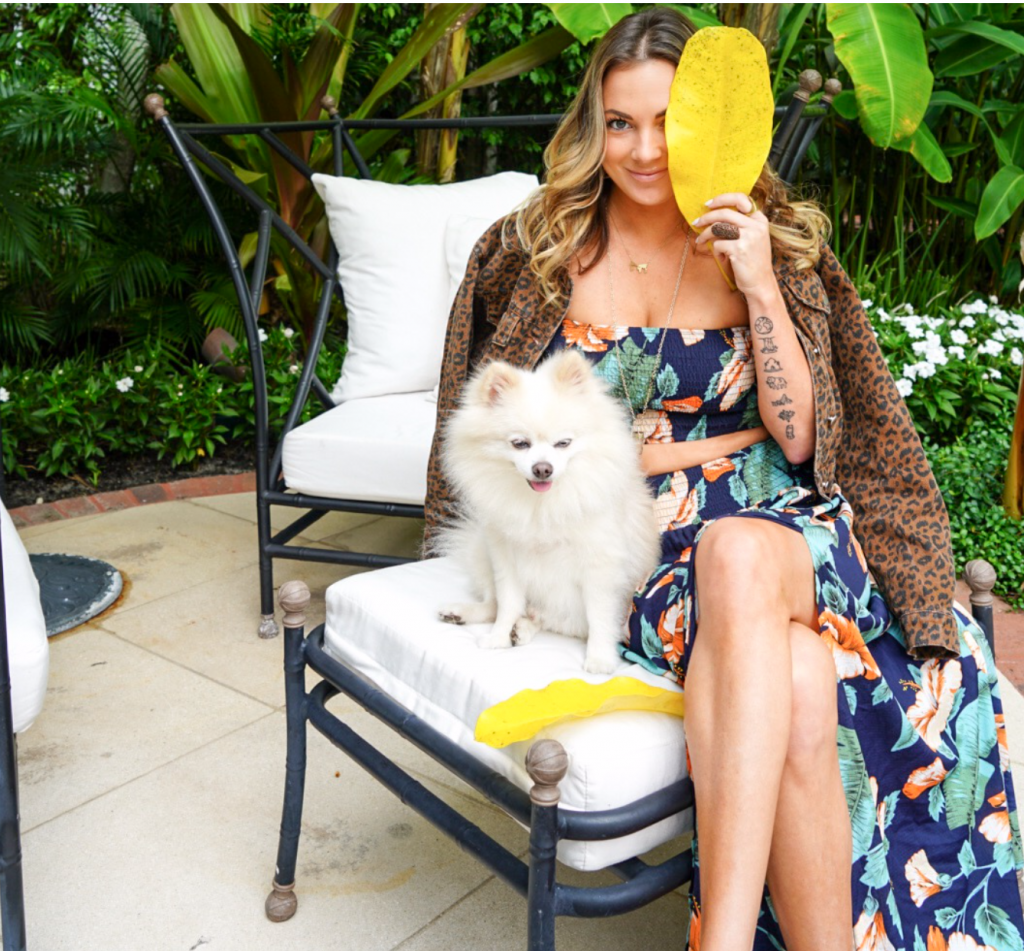
Your furry friend will have to stay in the carrier while at the airport, as well as for the duration of your flight.
So, you don’t want them to be sitting in there for too long – can you imagine having to stay in a carrier for hours on end?! Some airports will let you have your dog out of the carrier, but you never know when you’re going to run into that grumpy security officer.
The one exception to the staying in the carrier rule are pet relief areas. Which we’ll get to next.
8. Scope Out Pet Relief Areas At The Airport
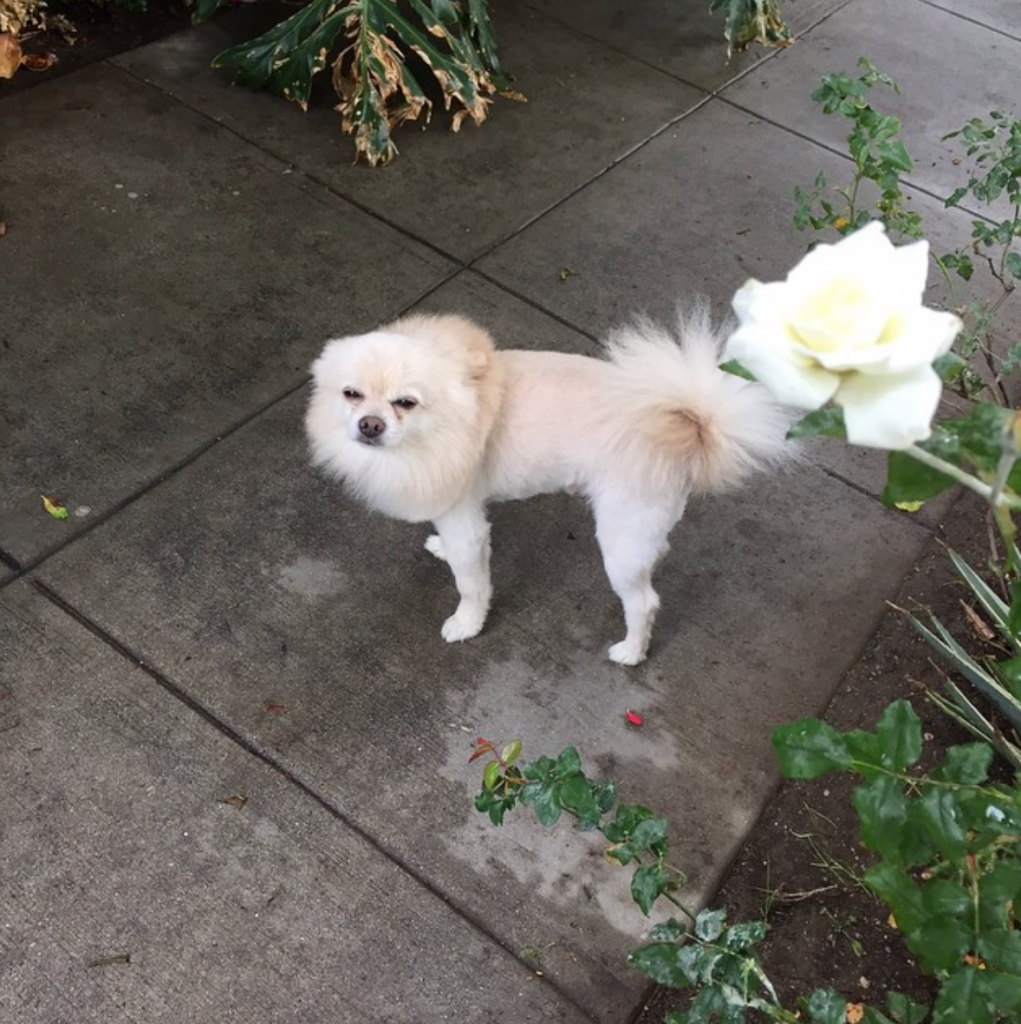
Because when your pet has gotta go, they gotta go!
Most airports are now required to offer pet relief areas – Chicago O’Hare Airport, for example, has a large room with a small patch of grass and a fire hydrant (cute!)
To find the nearest pet relief area at the airport ask staff at the airline gate, or check out this list of pet relief areas that Alaska Airlines has put together.
Pro-tip: keep some pads on hand in case your furry friend does not want to use the pet relief area. It’ll keep you (and them) covered for when they need to go toilet.
9. Don’t Give Your Pet A Sedative

Airports and airplanes can be pretty stressful places for humans, so just imagine how your pet must be feeling!
Tranquilizers or sedatives are generally not recommended for animals during a flight as they can interfere with their ability to control body heat at high altitude.
However, if your pet tends to get nervous, check in with your vet around the appropriate sedatives to use. Or, you could ask a friend or family member to look after your furry friend for you while you travel to reduce their nervousness and anxiety.
Alternatives for reducing animal stress, nervousness or anxiety include treats or calming chamomile drops.
10. Ask To Board Early

Having your pet wth you could make you eligible for early boarding. You’ll just need to check in with airline staff.
If you can board early, we would definitely recommend you do so.
It’ll make the boarding process less stressful for both of you, and give your furry friend extra time to acclimatize to the plane’s conditions.
11. Be Prepared For The Plane’s Air Conditions
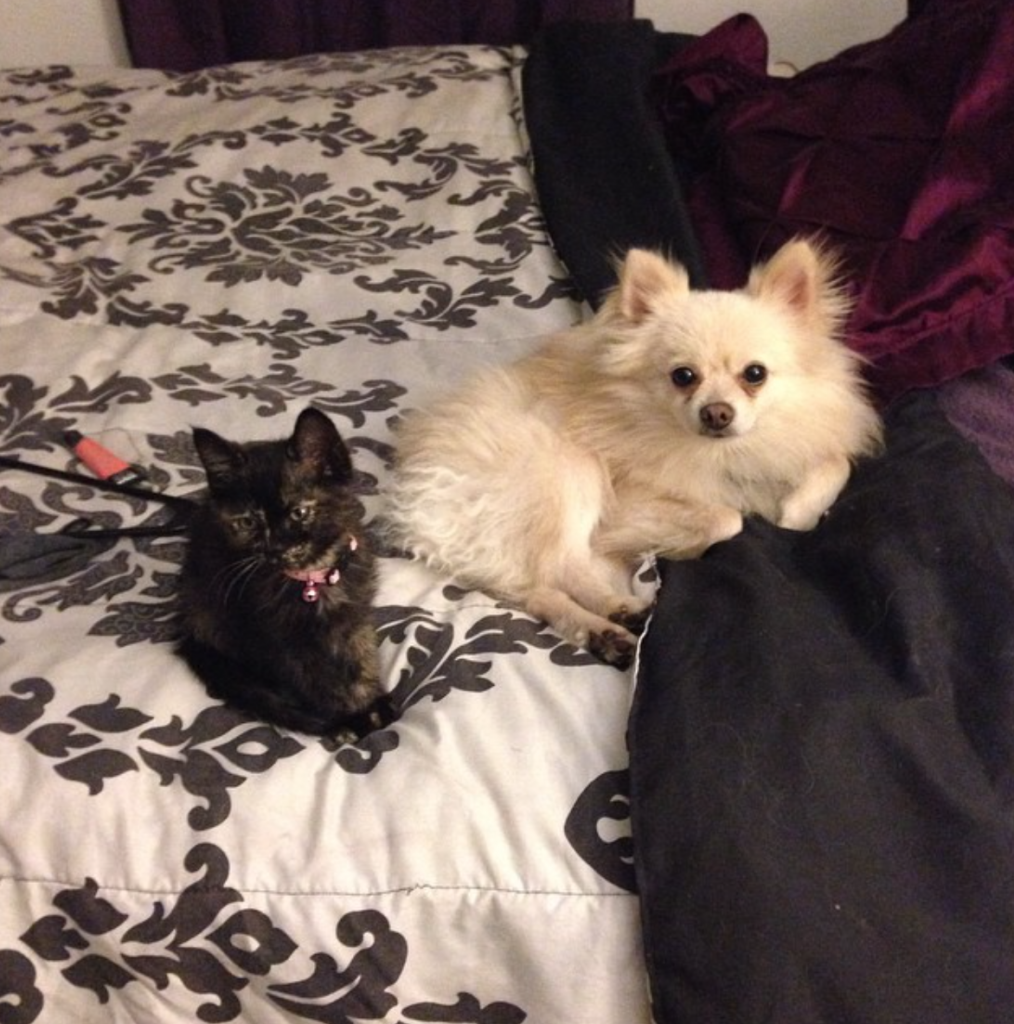
Speaking of the plane’s conditions, planes can get pretty cold once they reach cruising altitude and with air conditioning going.
Just like you might pack an extra sweater, scarf or blanket to keep yourself warm in flight, pack a little something for your furry friend to keep warm too!
12. Avoid Dehydration
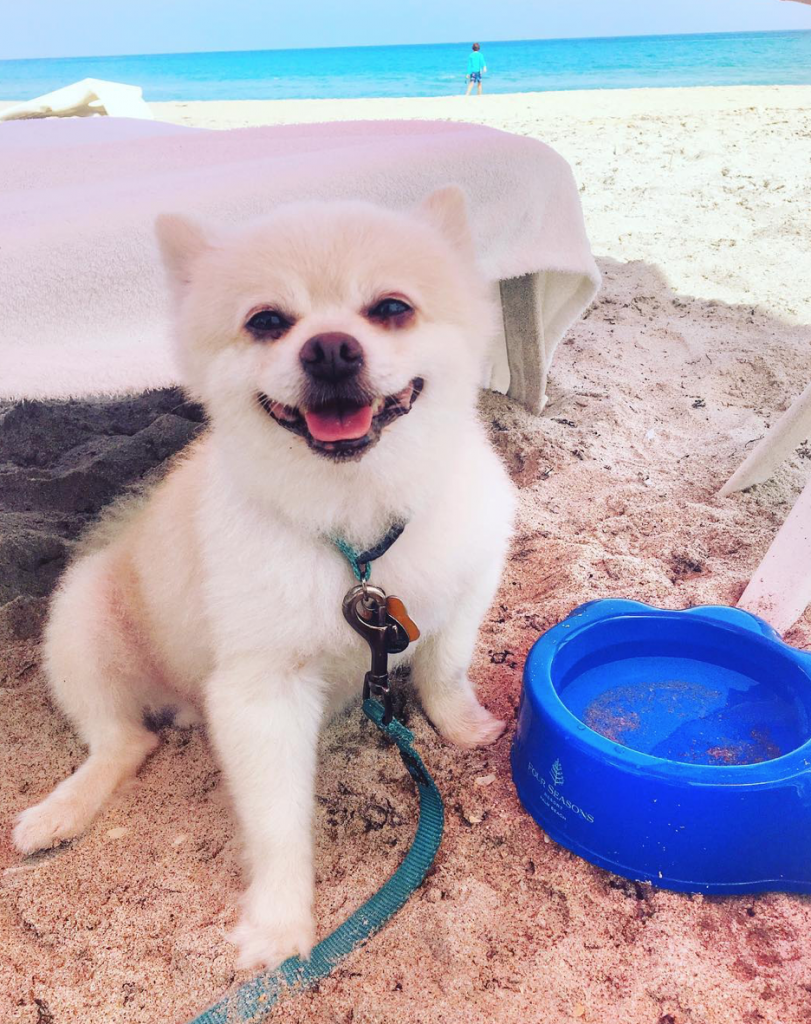
During your flight, be sure to give your pet some water to drink so they don’t get dehydrated.
You’ll just want to make sure you don’t give them so much water that they need to go toilet throughout the flight!
Pro tip: some dog owners like to give their dog an ice cube to play with in flight. It helps keep them hydrated and gives them something to play with. Just ask a flight attendant for some ice cubes and you’ll be good to go!
13. Carry Something To Help With Take Off And Landing
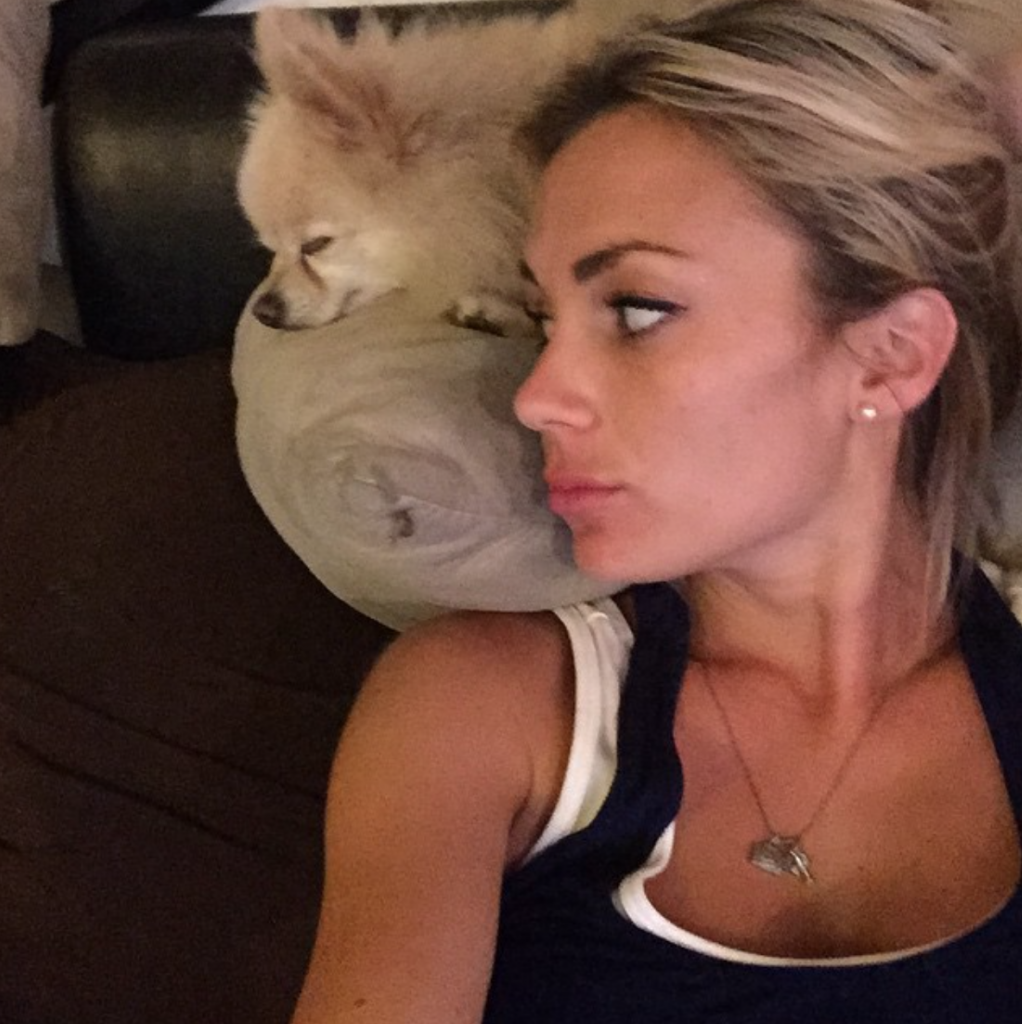
You know how pressure builds up in your ears during take off and landing? Well, the same thing will happen to your pet.
The solution? Chewing something! Often humans will chew on gum or some lollies to help relieve the pressure in their ears and pets need to do the same thing.
Pack a chewy toy or some chewy treats to help your pet relieve any discomfort in their ears.
Follow these 13 essential tips next time you fly with your furry friend and you’ll be sure to have a smooth flight.
Have you flown with your pet before? Share your experience with us in the comments below, and don’t forget to share this post with anyone who might be planning an adventure with their furry friend in tow!

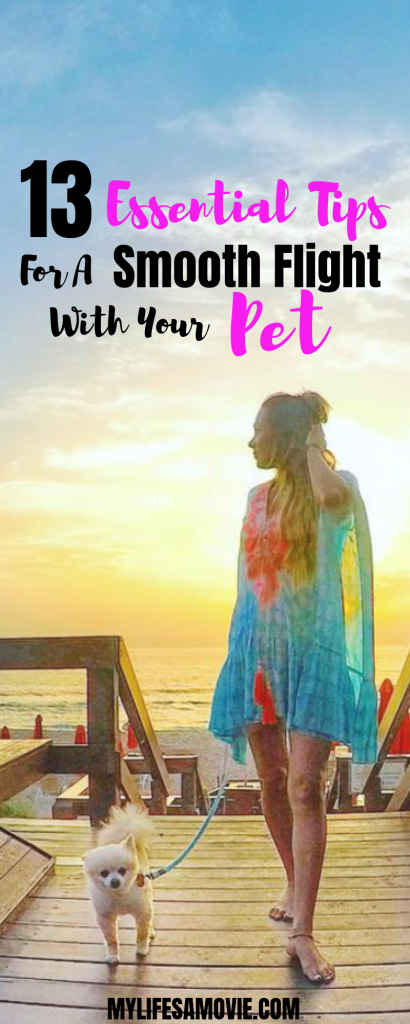




Good write-up. I absolutely appreciate this website. Stick with it!
Awesome! Its in fact amazing piece of writing, I have got much clear idea concerning from this paragraph.
Great post. I’m experiencing many of these issues as well..
assum places & photography amassing
Such a cute pup! I also have a white fluffy pom pom that I moved from Florida to the UK! I think the most important tip here is to not give your pup sedatives!! A lot of airlines will ask you and they won’t fly the pup if they look drugged up. Pup safety first!!
That’s so interesting and good to hear!! I wish I could take my pup internationally with me!